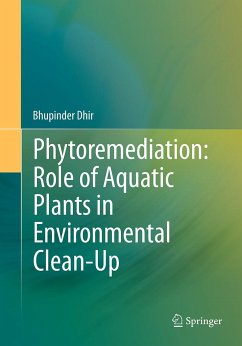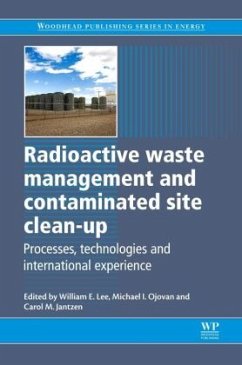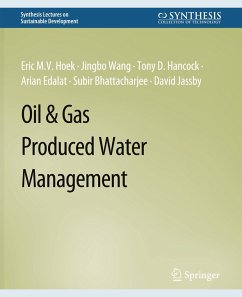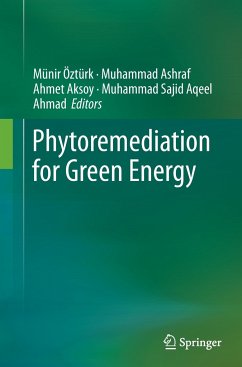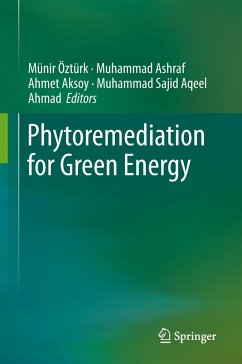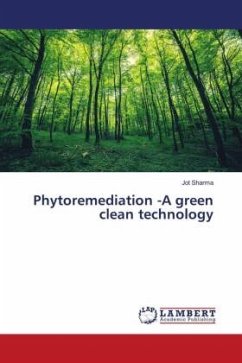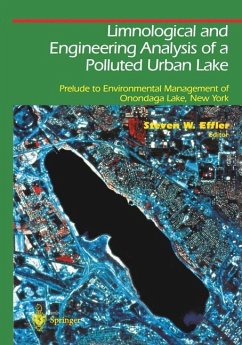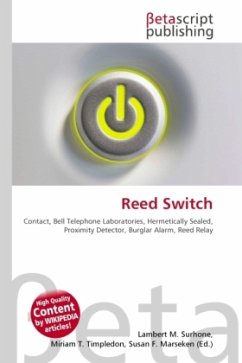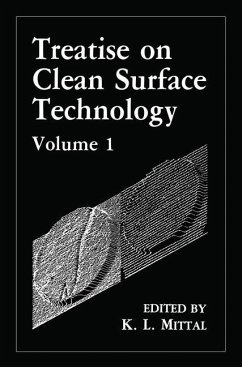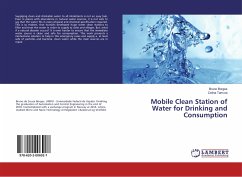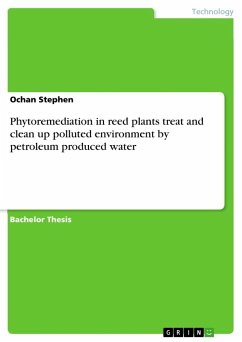
Phytoremediation in reed plants treat and clean up polluted environment by petroleum produced water

PAYBACK Punkte
0 °P sammeln!
Bachelor Thesis from the year 2011 in the subject Engineering - Power Engineering, grade: "-", ( Atlantic International University ), course: Petroleum Engineering - Phytoremediation, language: English, abstract: Abstract.Phytoremediation is the use of plants and its associated microorganisms to achieve the conditions necessary to facilitate the breakdown of contaminants and clean-up of the polluted environment. Phytoremediation technology is viewed as the simplest way of handling variety of contaminants in many sectors of oil industry. The community of microorganisms in the rhizosphere has be...
Bachelor Thesis from the year 2011 in the subject Engineering - Power Engineering, grade: "-", ( Atlantic International University ), course: Petroleum Engineering - Phytoremediation, language: English, abstract: Abstract.Phytoremediation is the use of plants and its associated microorganisms to achieve the conditions necessary to facilitate the breakdown of contaminants and clean-up of the polluted environment. Phytoremediation technology is viewed as the simplest way of handling variety of contaminants in many sectors of oil industry. The community of microorganisms in the rhizosphere has been shown to be involved in degradation of numerous contaminants, including pesticides, polynuclear aromatic hydrocarbons, petroleum compounds, volatile organic chemicals, and in organics. Also, plants can degrade contaminants during plant metabolic activities; for instance, 2,4,6-trinitrotoluene has been shown to be degraded by plant enzymes. Plants can use contaminants as nutrients; nitratecontamination of ground water can serve as a nitrogen source for plants.This involves the achieving condition of ground water, waste oil and produced water from oil facilities. Phytoremediation is recommended because of its establishment at low -cost and with flexibility in wide aspect of soil environmental remediation. Practical field experiments and laboratory water quality test analysis carried out in an oil field in TharJath-south Sudan by using reed species called Phragmites australis has shown promising results. It is common perennial grasses that thrive best in wetlands and temperate tropical part of the world. Southern part of the Sudan being temperate and tropical region is suitable for this reed species to thrive well. This Thesis provides a real analytical test and report on the effective clean up of the polluted environment by the use of reed plants through phytoremediation process. Hence will encourage future studies on remediation of the contaminated soil.




